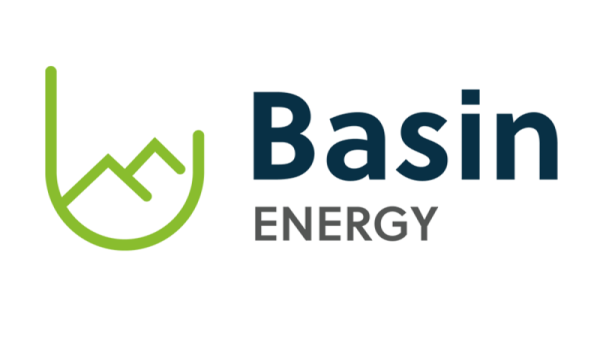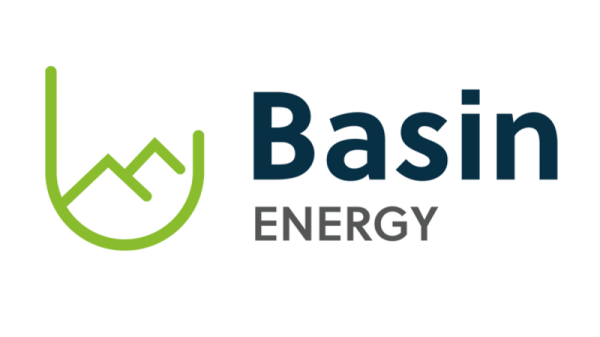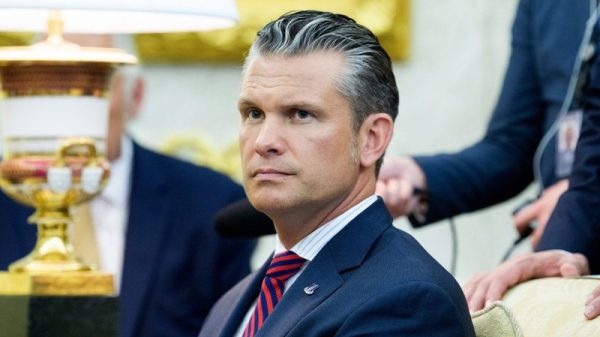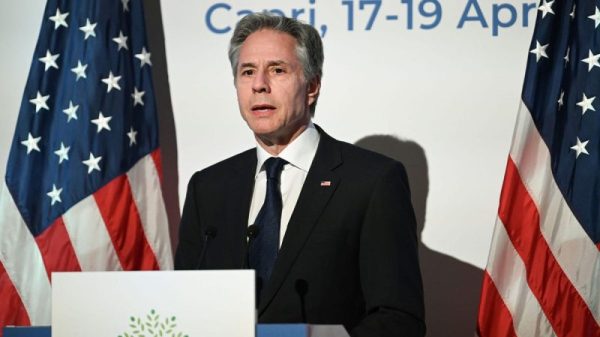Pierre Gratton, president and CEO of the Mining Association of Canada, gave his annual address in front of members of the association and the Greater Vancouver Board of Trade on September 17.
He spoke about the opportunities and challenges facing the country’s mining industry, saying that while there are areas to improve, he’s encouraged to see Canada’s federal and provincial governments stepping up to support the sector.
Read on for highlights from Gratton’s talk on the state of mining in Canada.
Canada’s mineral reserves in decline
Gratton indicated that the challenges faced by the mining industry in recent years have been manyfold, dominated by economic and geopolitical uncertainty, global conflict, fear of climate change and disrupted trade.
Looking at Canada, while inflation and interest rates have come down in recent months, the nation’s economy is still weak — Gratton said unemployment is rising, while families are focused on paying down debt.
He also called attention to declining economic growth in Canada, noting that in 2000 the country’s productivity was on par with that of Australia; however, today the average Australian is 10 percent more productive. This has caused the Australian economy to grow 50 percent faster than Canada’s in the past 25 years.
Gratton blames a lack of investment in Canada for these declines.
“(There’s been) a shortfall in investment principally leading to deindustrialization in many parts of the country, which has cut into the country’s overall prosperity. Manufacturing is half what it was to the economy in 2000. A cornerstone of the Canadian economy, the auto sector and its inputs, aluminum and steel, are at risk,” he said.
Against that backdrop, Canada has shifted from being a leading producer of minerals like copper, nickel and zinc to now lagging. Between 1997 and 2022, the country’s copper reserves fell by 9 percent, nickel by 57 percent and zinc by 91 percent. During that time, gold was the only mineral that saw its reserves grow, gaining 110 percent.
“In my time in the sector, I’ve seen several smelters and refineries close and only one open. We’ve lost some head offices. We’ve fallen in our ranking in the production of many minerals and metals, and it leaves us and our allies, including the US and Europe, increasingly dependent on other countries, notably China, for supply,” Gratton said.
He added that according to RBC (TSX:RY,NYSE:RY), it’s regulatory uncertainty and taxes that are hindering investment in Canadian mining. Gratton told the audience that these issues persist despite years of promises from the government to improve efficiencies within the permitting system and shorten timelines.
Federal and provincial governments stepping up
Gratton pointed to Canada’s critical minerals strategy as a bright spot for boosting mining sector investment.
The primary component of the initiative involves the implementation a policy that would provide targeted investments and tax incentives while streamlining the regulatory process for critical minerals projects.
While he acknowledged that spending in the mining sector has been rebounding over the past few years, reaching C$13.1 billion in 2022, it’s still off from 2012, when the expenditures in the industry reached C$17 billion.
Gratton said the effects of the critical minerals strategy are unlikely to have made their way into the market yet, but conceded that support for the mining sector from federal and provincial governments is unprecedented in his lifetime.
“Mining is now a common topic of policy conversation in Ottawa and provincial capitals in a way that it has never been before. Above all, it’s because I think governments finally understand mining’s unique value proposition as a creator of good jobs and Indigenous employment opportunities, and as a driver of social and economic development in northern and remote regions,” Gratton explained during his speech.
He added that mining is the foundation of the clean energy transition, while also supplying important inputs to the Canadian economy and aiding in the country’s national security efforts.
More specifically, Gratton noted that the last three federal budgets have included funding for regulatory measures, streamlining efforts and tax incentives; this came after extensive consultation with the mining sector.
“I will give them credit — the government listened to our concerns and our advice,” Gratton said.
He was pleased to see a joint investment of C$195 million from the BC and federal governments to fund upgrades to highway infrastructure in Northwestern BC that will ultimately support critical minerals development.
What’s the future of Canada’s mining industry?
Gratton sees a great deal of potential for mining in Canada, but it doesn’t come without challenges.
He mentioned a C$46 billion initiative to fund electric vehicle and battery production and supply chains in the country, including four new battery manufacturing facilities. While he acknowledged that these will be a boon to the Canadian economy, the raw materials demand for the new factories will require 15 new mines.
This will require an investment of C$16.1 billion in mining and an additional C$16.1 billion in midstream processing.
“That’s only speaking from the standpoint of the four battery factories, to say nothing about all of the other needs that our economy requires, or that the US requires, including its defense industries. Unless we achieve the above, and this is the irony, our reliance on foreign sources for minerals and metals is only going to increase,” Gratton said.
He suggested that Canada is too focused on downstream development, and isn’t working to build support for upstream projects that will ultimately provide safe supply of the materials needed.
Additionally, the mining industry is facing a potentially bigger challenge — a lack of workers.
Gratton said unemployment within the mining sector is less than half the national average, and companies can’t find people fast enough. New mining operations will only increase the challenge of finding workers.
He doesn’t want to see a situation where mines are unable to operate because they can’t find enough staff.
Part of the problem is urbanization. Gratton pointed to youth leaving smaller communities and not returning, and an overall lack of excitement about the mining industry at the moment. He said the Mining Association of Canada is going to work with Canada’s Human Resources Council over the next few years to develop a strategy designed to increase interest in the mining sector and work with universities, colleges and high schools.
He wants more people to recognize the value of the high-paid, high-tech jobs in Canada’s mining sector.
Overall, Gratton remains positive about mining’s future in Canada. He sees challenges ahead over a changing political landscape, but also recognizes that many issues in the mining sector have become bipartisan.
Moreover, support for the industry is at an all-time high, with 80 percent of Canadians polled by the Mining Association of Canada supporting the industry. With that in mind, Gratton believes that even if there is a change in government, investment and growth in the mining market are gaining momentum.
Securities Disclosure: I, Dean Belder, hold no direct investment interest in any company mentioned in this article.







































